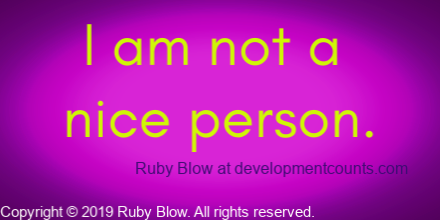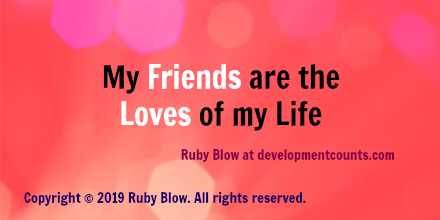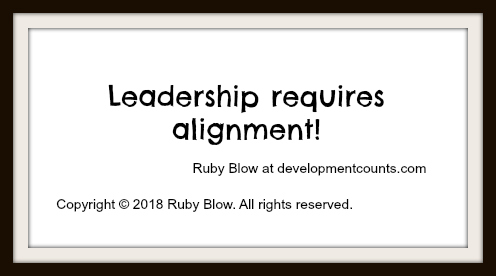Loneliness and Isolation
One of the therapy and life topics that comes up a lot for people (clients, friends, family and colleagues) this time of year is loneliness and isolation. For many people their loneliness did not start at the holidays…instead, it becomes more highlighted this time of year.
I have a few thoughts on how to support those who feel their pain more acutely at the holidays. I am particularly focused on those who are single, divorced, widowed and those without young children. I find these groups to be the most marginalized and in a way, I feel that these folks are my tribe. I am single and do not have any children. My mother is widowed and I have several friends who are divorced.
I also have a few clients and colleagues who belong to these categories. Over the years folks who fall into these categories are the ones that I have observed to be in a particular type of nuanced pain at the holidays. It sounds like this type of self talk or internal dialogue:
- “Why should I decorate if there is no one here but me?”
- “Christmas just isn’t the same without children.”
- “Everyone else has someone to share the holidays with but me.”
- “It’s just me…I don’t need a fancy meal.”
- “I expect this holiday season will be awful like it has been for years.”
Four Ways to Address Loneliness at the Holidays
- First as therapists it is vital that we acknowledge the pain. Don’t be too quick to talk someone out of their pain. We must not give too much of our early focus on exploring their cognitions. Instead we need to listen and really hear what is specifically painful or upsetting for them. Don’t cut that part short by trying to talk to them about why what they are feeling is wrong. What they need first and foremost is compassion.
- Another way to address loneliness is to help people create their own traditions. I think that there is a tendency for society to consider traditions as something that requires someone with whom to share the tradition. While sharing traditions with others can be enjoyable, it does not mean that solo traditions cannot be meaningful, comforting, and fun. I have a few traditions of my own. Here are my 3 favorites:
- Buying a few gifts for myself online. I know many people buy gifts for themselves at the holidays, especially when they are out shopping for others. What makes my gift buying slightly different is that I buy the items online and have the items gift wrapped. I also include notes to myself. I try to do this a few weeks in advance of Christmas week so that I don’t have to pay extra shipping fees. They are typically small items that I have needed or wanted. I wait until Christmas day to open the gifts. Typically by then there are one or two items that are a pleasant surprise because I have forgotten exactly what I’ve ordered or what is in each box.
- I also like sponsoring a child at Christmas. Every year there is someone in my circle of friends (educators and counselors) who is looking for someone to help a family who cannot afford toys for the children. I go shopping for a specific child and try my best to fulfill their wish list. It is a wonderful feeling to know that a child is opening a gift that they really wanted for Christmas. One year a child I sponsored was encouraged to write a thank you note. It was truly heartfelt. That is not the norm but sometimes it happens.
- Somehow I’ve managed to have a few communities that offer special traditions of their own. My tai chi teacher gives a small gift bag to all students at the end of the year. She includes an ornament. I have a little artificial tree that I keep in my bedroom. It has ornaments from all of my years with my tai chi teacher. It brightens my room and warms my heart.
- Assist the person with identifying people they may want to spend some time with over the holidays and help them brainstorm how to make that connection. Many people need support with asking for what they need. Their assumptions are that if others want them present…they would ask. They also have a tendency to assume others will feel burdened by them. Facilitate a dialogue about asking for what they want and how they will manage if they don’t get what they want. Flexibility is key! People who are flexible in their thinking and allow themselves to change as circumstances change have a better chance at overcoming the grip of painful emotions. That brings me to the next strategy.
- Explore new self talk. Support new self talk that the person can say and believe, not self talk that they have to talk themselves into believing. So the new self talk has to be something that is already true for them. For example: their departed loved one would want them to enjoy themselves and/or have a “peaceful heart at the holidays” (and surely would want the same for as many days as possible.) Another truth might be “cultivating some contentment on my own will prepare me to bring a healthier self into all relationships with others.”
Learning How to be with Yourself
I would like to point out that my second strategy about creating one’s own traditions is really about learning how to be alone without identifying alone-ness as loneliness. Yes, it is true that as human beings we need connection, support, friendship and love. It is also true that at times we will feel the sting of loss and the pain of not being in a close, intimate relationship. The larger truth is that not only are these painful feelings survivable…they are also feelings that can allow us to be more authentic and to actively be empowered to create more of what we do want.
The holidays are not something that “happen” to us. The holidays are simply days when there is a more singular focus. We can all choose what to focus on. Let’s help people focus on what they can do something about.
Thank you so much for reading this post. I am grateful for each and every reader. I hope you have an enjoyable and peaceful holiday season.
Copyright © 2016 Ruby Blow. All rights reserved.
Share your thoughts on Linkedin, Facebook, Twitter or log in to one of your accounts below to comment. Subscribe to my YouTube channel.





